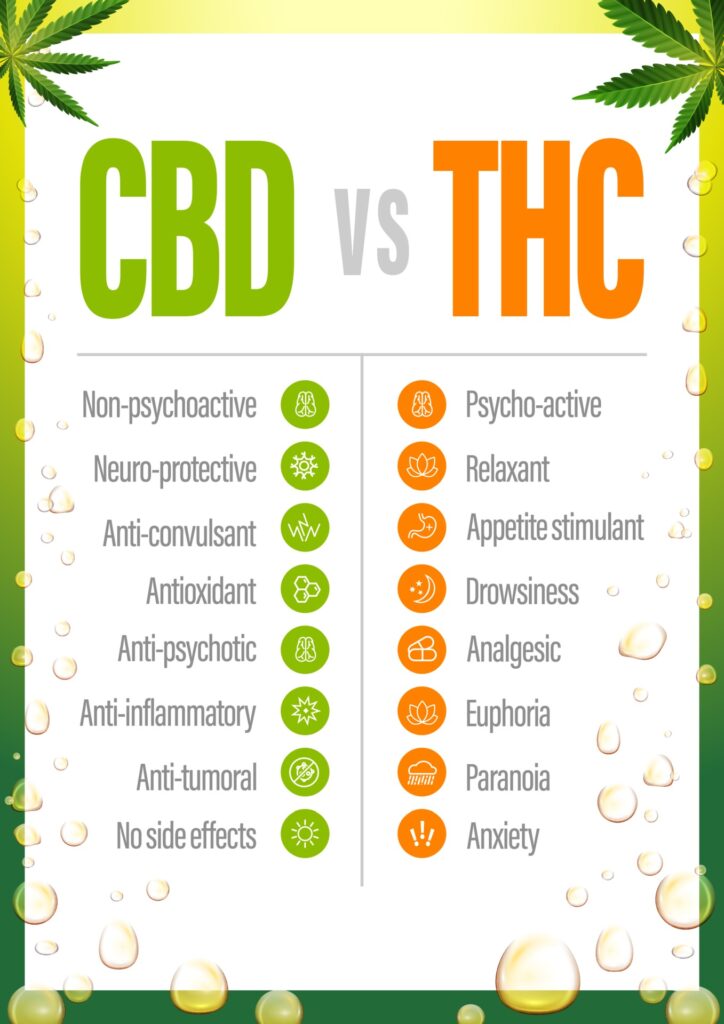Cannabis, once stigmatized and criminalized, has emerged as a powerful medicinal substance. With growing research and changing perceptions, the therapeutic potential of cannabis is becoming widely recognized. This blog explores the transformative role of cannabis in modern medicine, highlighting its benefits, applications, and the science behind its efficacy.

A Brief History of Cannabis in Medicine
Cannabis has been used for medicinal purposes for thousands of years. Ancient civilizations, from the Chinese to the Egyptians, utilized cannabis to treat various ailments. However, the plant’s medicinal use waned in the 20th century due to legal restrictions and societal stigma. Today, the tide is turning as scientific research unveils the therapeutic properties of cannabis.
The Science Behind Cannabis
The efficacy of cannabis in medicine is largely attributed to cannabinoids, the active compounds found in the plant. The two most studied cannabinoids are THC (tetrahydrocannabinol) and CBD (cannabidiol). THC is known for its psychoactive effects, while CBD is non-psychoactive and offers numerous health benefits. Both interact with the endocannabinoid system (ECS) in the human body, which regulates functions such as pain, mood, and immune response.

Pain Management and Relief
One of the most significant applications of medicinal cannabis is pain management. Chronic pain, affecting millions worldwide, often resists conventional treatments. Cannabis provides an alternative, with studies showing its effectiveness in reducing pain and inflammation. Patients with conditions like arthritis, multiple sclerosis, and neuropathic pain have reported significant relief through cannabis use.
Mental Health Benefits
Cannabis has shown promise in treating mental health disorders. CBD, in particular, has been studied for its anxiolytic (anxiety-reducing) and antidepressant properties. It can help alleviate symptoms of anxiety, depression, and PTSD (Post-Traumatic Stress Disorder) without the side effects commonly associated with pharmaceutical drugs.
Neurological Disorders and Cannabis
The potential of cannabis in treating neurological disorders is profound. Conditions such as epilepsy, Parkinson’s disease, and Alzheimer’s disease have shown positive responses to cannabinoid treatment. Epidiolex, a CBD-based medication, has been approved by the FDA for treating certain types of epilepsy, highlighting the growing acceptance of cannabis in mainstream medicine.
Cancer and Symptom Management
Cancer patients often turn to cannabis to manage symptoms related to the disease and its treatment. Cannabis can help reduce nausea and vomiting caused by chemotherapy, stimulate appetite, and alleviate pain. Some studies also suggest that cannabinoids may have anti-cancer properties, although more research is needed in this area.
Legal and Regulatory Landscape
The legal status of cannabis varies widely across the globe, influencing its accessibility and research. In many places, medicinal cannabis is legal, allowing patients to benefit from its therapeutic properties. However, regulatory hurdles remain, and ongoing advocacy is crucial to ensure broader access and continued research into cannabis-based treatments.

Conclusion: The Future of Cannabis in Medicine
As research progresses and societal attitudes shift, the future of cannabis in medicine looks promising. The plant’s therapeutic potential is vast, offering relief and improved quality of life for many patients. Embracing cannabis as a legitimate medicinal option can lead to significant advancements in healthcare and patient well-being.
Cannabis, once shrouded in controversy, is now recognized for its powerful medicinal properties. From pain management to mental health and beyond, the healing potential of cannabis continues to unfold, marking a new era in medical treatment.
The post The Power of Cannabis as Medicine appeared first on I Am Billy.


